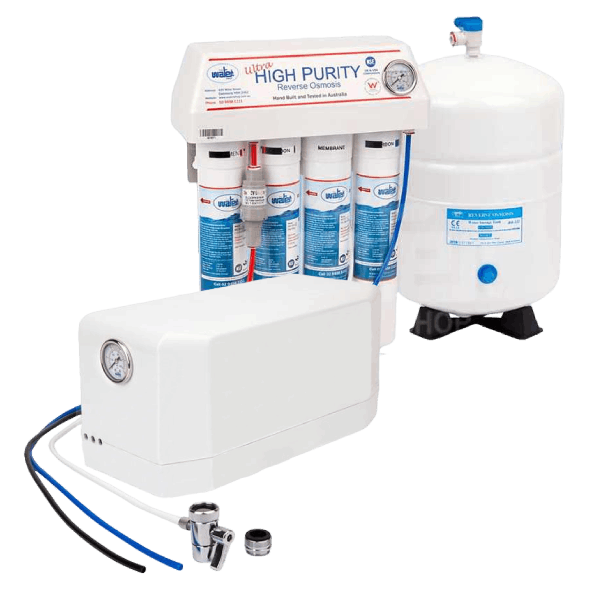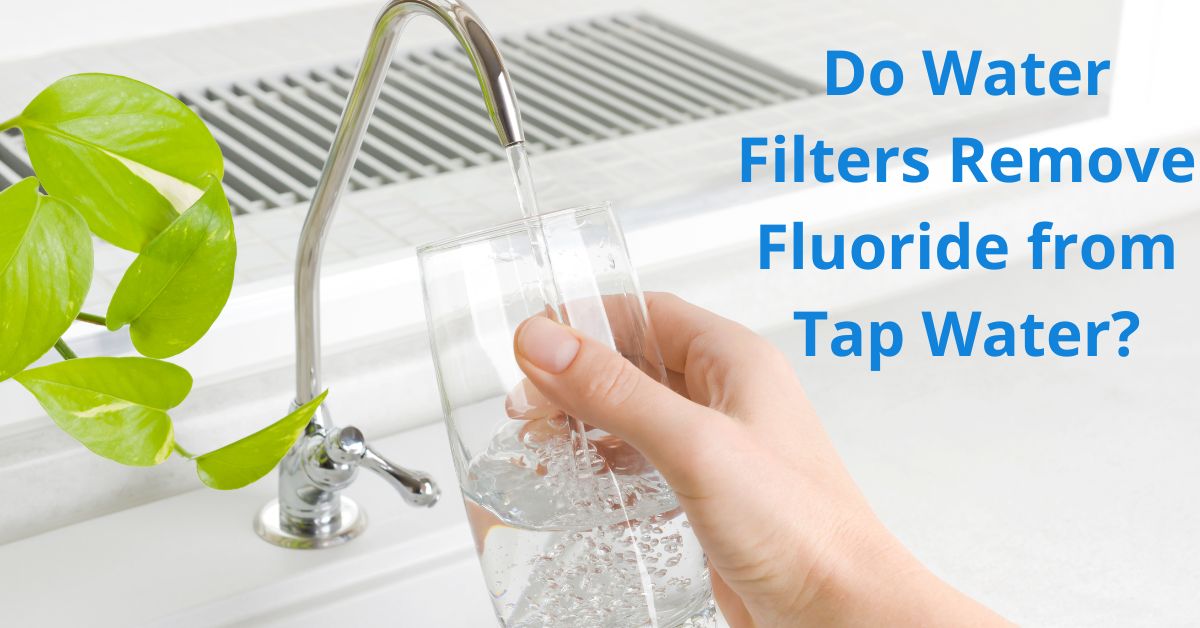Are you concerned about the potential health effects of fluoride in your tap water? Many people are looking for ways to reduce their exposure to this controversial mineral, and water filters have become a popular solution. In this blog post, we’ll explore the effectiveness of different water filter types in removing fluoride and provide you with the information you need to make an informed decision.
What Water Filters Do Not Remove Fluoride?
Unfortunately, not all water filters are created equal when it comes to removing fluoride from your drinking water. Here are a few types of filters that are generally ineffective at reducing fluoride levels:
- Activated carbon water filter: While activated carbon filters are excellent at removing chlorine, volatile organic compounds (VOCs), and improving taste and odor, they do not effectively remove fluoride from water.
- Gravity water filter: These filters rely on gravity to pass water through a filter medium, typically made of ceramic or carbon. While they can improve water quality, they are not designed to remove fluoride, however, but the filter media can often be upgraded to remove fluoride.
- Benchtop water filter: These compact filters can be easily installed on your kitchen countertop, but they sometimes lack the ability to significantly reduce fluoride levels in your tap water.
So, which water filters can effectively remove fluoride?

Reverse Osmosis Filters: The Gold Standard
If you’re serious about removing fluoride from your tap water, a reverse osmosis (RO) filter is likely your best option. These advanced filtration systems use a semi-permeable membrane to separate fluoride and other contaminants from water molecules, resulting in purified water on the other side.
Reverse osmosis filters are highly effective at removing fluoride, with some systems capable of reducing levels by up to 95%. They are often combined with additional pre-filters to remove larger particles, extending the life of the RO membrane.
How Much to Install a Water Filter Under Sink?
If you’re considering installing an undersink water filter system, such as a reverse osmosis filter, it’s essential to understand the costs involved. The initial investment for an undersink RO system can range from $300 to $1.500, depending on the brand, features, and filtration capacity.
Installation costs can vary widely, with professional installation typically ranging from $100 to $300. However, if you’re handy with tools, you may be able to install the system yourself and save on labor costs.
It’s important to note that reverse osmosis systems require regular filter replacements, which can add to the ongoing maintenance costs. Replacement filters can cost anywhere from $50 to $150 annually, depending on the system and usage.
Alternative Options: Water Distillers and Whole-House Filters
If a reverse osmosis system is not within your budget or you prefer a different approach, you may want to consider alternative options like water distillers or whole-house filtration systems.
Water distillers, such as the Megahome water distiller, use a distillation process to remove fluoride and other impurities from water. These systems can be effective but may require more energy and maintenance compared to RO filters.
Whole-house filtration systems are designed to filter all the water entering your home, ensuring that every tap and appliance receives fluoride-free water. These systems can be more expensive to install, but they offer convenience and long-term savings.
Finding the Right Filtration Solution for Your Home
Removing fluoride from your tap water is a personal choice, and the right solution will depend on your specific needs, budget, and preferences. While not all water filters are effective at reducing fluoride levels, reverse osmosis systems have proven to be highly efficient in this regard. More info in our blog post Does Reverse Osmosis Remove Fluoride?
Whether you choose an undersink RO filter, a water distiller, or a whole-house system, it’s essential to do your research, consider the ongoing maintenance costs, and potentially consult with a water treatment professional to ensure you make the best decision for your household.




